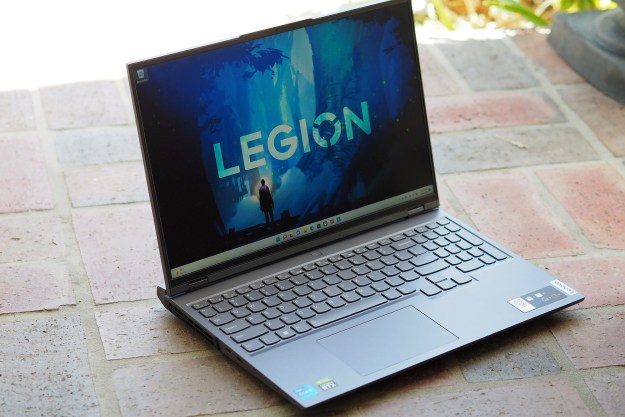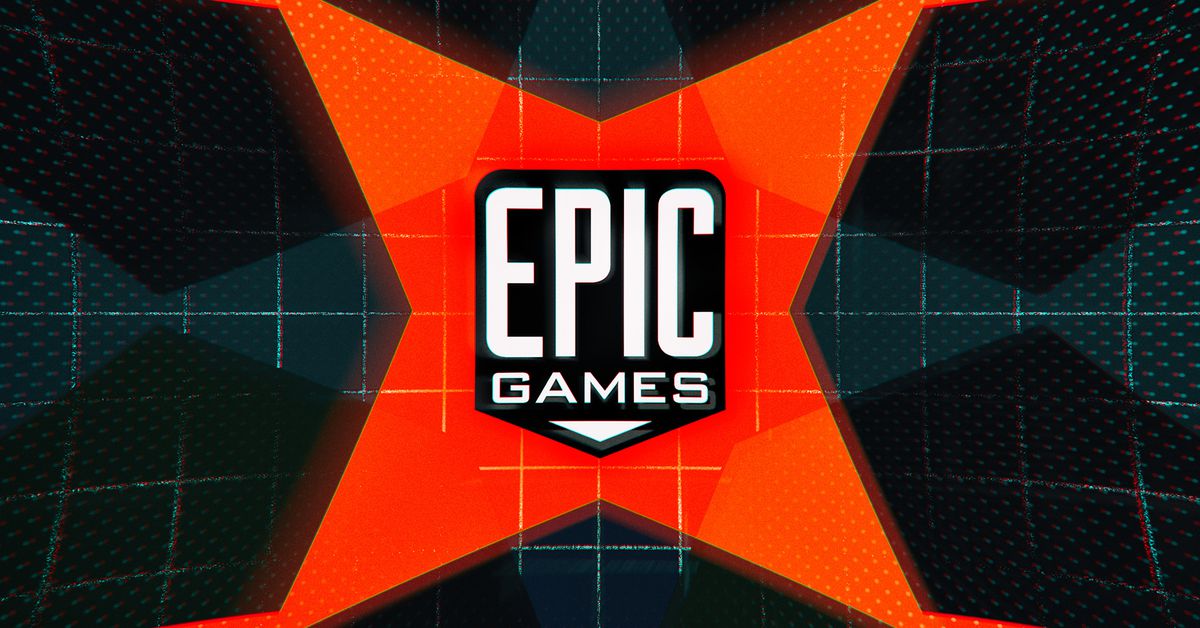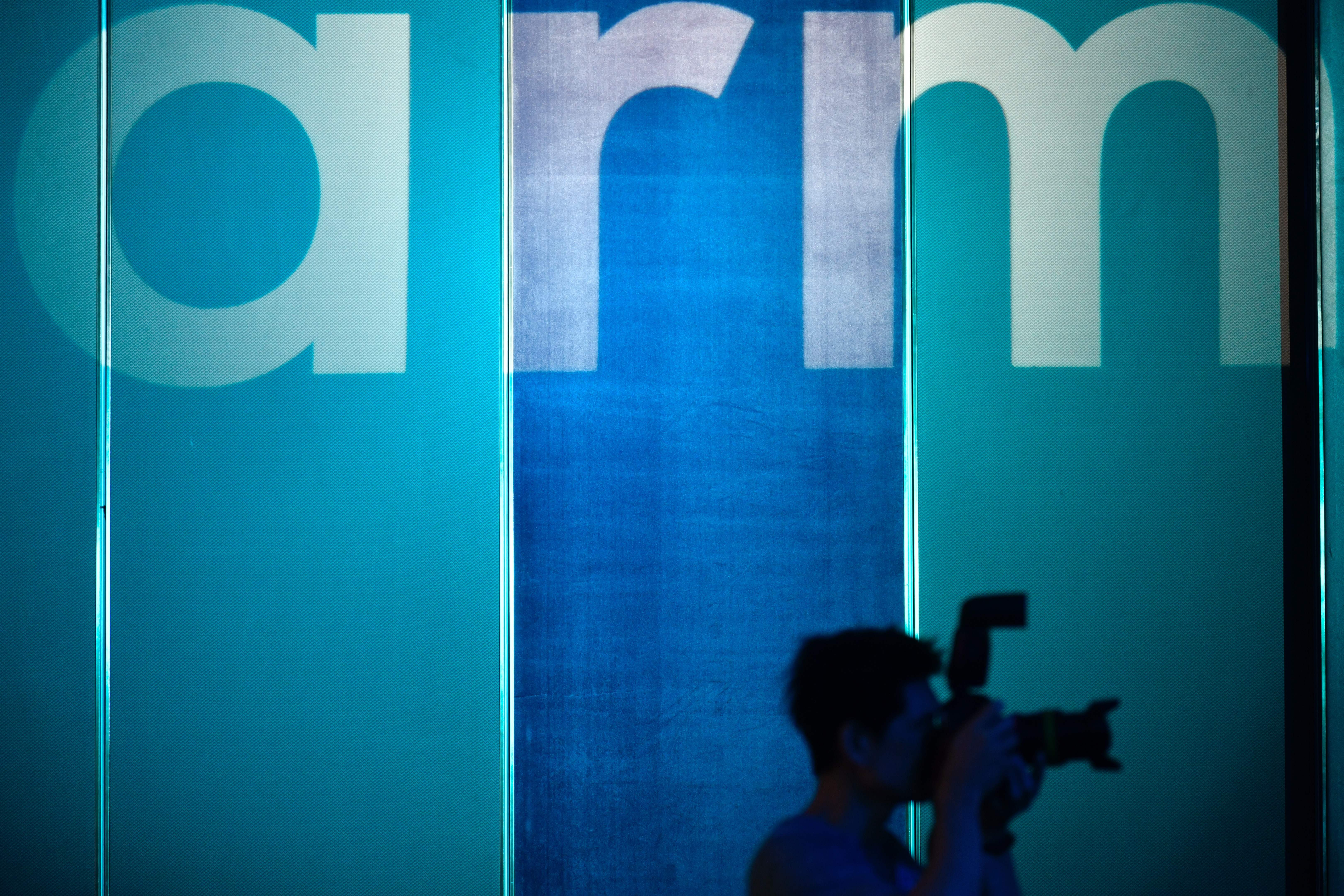I replaced my gaming laptop with a Legion Go, and I’m not going back
When my gaming laptop wasn't fitting with my lifestyle, I decided to replace it with a Lenovo Legion Go. It was a great decision.

Digital Trends may earn a commission when you buy through links on our site. Why trust us?
By
Jess Reyes
January 10, 2024 3:30AM 
 Jacob Roach / Digital Trends
Jacob Roach / Digital TrendsMy HP Omen 15 was one of the best investments I’ve made in my life, right next to my down-filled sleeping bag. That’s not because I think it’s the best gaming laptop ever, but because it’s the only one I’ve ever owned. It was my PC gaming device of choice until I got a Lenovo Legion Go, my first portable gaming PC.
I bought my HP Omen 15 in 2020. It was one of the worst years in recent history for building your own PC due to COVID-induced shortages, and I was too depressed to learn anyway. I figured I’d go with a prebuilt gaming laptop because my 2013 Macbook Pro was having issues and I wanted to play PC games. I went searching on Black Friday and saw the HP Omen 15 on sale, but couldn’t get what I thought to be a good enough graphics card for $1,000. I found a similar model on eBay with a RTX 2060 and called it a day. It’s been with me since.
I soon learned that gaming laptops weren’t really the pinnacle of portable PC gaming — at least not the way I game. You can’t really use a gaming laptop in bed for games that need a keyboard or mouse. I could barely control my characters with the built-in trackpad, so I needed to use it with a traditional mouse. That’s not an issue in and of itself, but that meant I needed a solid surface to use said mouse. Beds are soft, as it turns out. Even worse, resting a laptop on my not-very-breathable fabric sheets was a recipe for overheating.
 Image used with permission by copyright holder
Image used with permission by copyright holderThat’s where the Lenovo Legion Go came in. I briefly sampled the Steam Deck and ROG Ally, but the Legion Go was the only portable PC I actually owned. Though the Legion Go might be considered the weakest of that trio by techies, that didn’t impact me as a casual newcomer to the space. The Legion Go is a perfectly serviceable portable PC for my needs, even if there are arguably better options.
Like the Nintendo Switch, I can play it over my chest in bed or hold it in front of my face at the dinner table. In the Legion Go’s case, its controllers are even detachable and have a built-in trackpad for when you need to directly select something with a mouse. I don’t regularly detach the controllers because I don’t play first-person shooters that require motion-based controllers, but I do use the trackpad for stubborn, sometimes unresponsive menus. You don’t need to worry about suffocating the system because the fans blow air from the top of the device, and you can even leave it standing upright by itself thanks to the kickstand.
It’s not just the portability. The Legion Go features a QHD screen that supports up to 2560 x 1600 displays, something usually reserved for larger screens. It has the same 144 Hz refresh rate as my laptop, but visual details just pop at the higher resolution. Its AMD Radeon RDNA graphics card runs similarly to the RTX 1060, a common GPU found in budget gaming laptops.
This checks out, considering most of the games I’ve played on the Legion Go run best between 30 and 60 frames per second (fps). That 144 Hz refresh rate helps to smooth the experience more than it would at 60 Hz, too. The Legion Go’s AMD Ryzen Z1 Extreme Processor also outdoes my Omen’s Intel Core i7-10750H CPU with eight cores instead of six. It can juggle more tasks at once than the Omen, so processing speeds are faster. I barely notice any hiccups when running games like Genshin Impact.
 Image used with permission by copyright holder
Image used with permission by copyright holderMy Lenovo Legion Go also doubles as a tablet. Its 10-point touchscreen is easy to use whenever I feel impatient about using the controllers to navigate between menus. I haven’t loaded up my Legion Go with apps because I mainly use it for gaming, but it could be an alternative for the many tasks people might go to a tablet for; I’ve used it for checking emails and reading manga. The Legion Go’s only flaw when it comes to my needs is its short battery life; mine usually dies after between two and three hours. However, that’s not out of step with my Omen and the three hours I get out of it on average.
So why am I sticking with the Legion Go over my Omen 15? To sum up, it looks good, runs consistently enough, and more easily fits into my gaming lifestyle. My laptop is still the best choice for working and gaming on the go, but my Legion Go has it beat when it comes to my pure gaming experiences.
Editors' Recommendations
Lenovo just made my favorite gaming laptop even better I need to change how I use Apple tech in 2024. Here’s how I’m going to do it Laptops are going to feel very different in 2024 The most innovative gaming tech of 2023 Here’s how the M3 Max chip compares to the most powerful Windows laptopsJessica Reyes is a freelance writer who specializes in anime-centric and trending topics. Her work can be found in Looper…
Can the Quest 3 replace my laptop for work? I found out the hard way
When Meta launched the Quest 3 in October, the focus was on mixed reality gaming, but I wondered if it was ready for work. Because the truth is that spatial computing is the latest challenge for VR headsets.
It might sound odd, but VR headsets should be used for more than just games. Most computing devices serve a variety of purposes. Your PC works all day with you, then transitions to entertainment, whether watching movies, browsing the web, or playing games. The best VR headsets can be just as functional -- at least, in theory.
What's needed for work?
The best Lenovo gaming laptops you can buy right now
Lenovo is one of the leading manufacturers when it comes to the best gaming laptops. The company’s commitment to innovation is evident in the raw processing power of the latest chips and the precision cooling systems that ensure peak performance.
Even in the design department, Lenovo gaming laptops continue to boast a distinctly industrial look that is universal across its range. They might not be as flashy or flamboyant as something from Asus or Alienware, but there’s a level of sophistication that makes these devices suitable for various settings beyond gaming environments. Here’s a look at some of the best Lenovo gaming laptops if you are planning to buy one.
Lenovo Legion Pro 9i
The Lenovo Legion Pro 9i is a gaming powerhouse boasting top-tier specs, innovative features, and a design that stands out in the crowded gaming laptop arena. The laptop defies expectations with its high-end specifications, including the powerful Intel Core i9-13980HX mobile CPU, an RTX 4090 GPU, and a liquid cooling system. Yes, you read that right, it comes with a built-in liquid cooling solution to deliver the best thermal performance.
I’m a laptop reviewer. Here’s why I still use a laptop from 2021
I'm pretty much always using a new laptop as my daily driver -- whichever one that I'm testing for review. And in 2023 alone, I've reviewed almost 40 machines, ranging from near-budget machines with solid performance and impressive features all the way up to innovative devices like the HP Spectre Foldable PC.
But occasionally, there's a lull in new releases, which gives me a chance to do a gut check. Which laptop do I return to as my primary work machine? To my own surprise, it's none of the flashy new releases from 2023. It's a laptop from way back in 2021 that remains my favorite. Not coincidentally, it's the only laptop I've purchased myself in years. That laptop is the first-gen Apple MacBook Pro 14, and it's held up so well against the competition that I still haven't felt compelled to replace it. Here's why.
The display continues to blow me away

 Konoly
Konoly 



































![Are You Still Optimizing for Rankings? AI Search May Not Care. [Webinar] via @sejournal, @hethr_campbell](https://www.searchenginejournal.com/wp-content/uploads/2025/06/1-1-307.png)